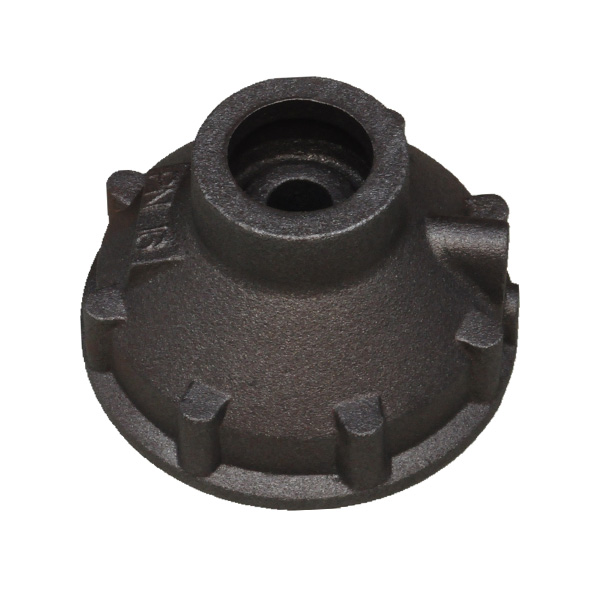Mobile:+86-311-808-126-83
Email:info@ydcastings.com
cap for pipe end
Cap for Pipe End Ensuring Safety and Efficiency
Caps for pipe ends are an essential component in various industries, particularly in oil and gas, construction, and plumbing. These caps serve as protective covers for the open ends of pipes, ensuring safety, preventing contamination, and maintaining the integrity of the systems they serve. This article explores the significance of pipe end caps, their types, and their applications.
Cap for Pipe End Ensuring Safety and Efficiency
There are various types of pipe end caps, each tailored to specific materials and applications. The most common materials used for manufacturing pipe caps include plastic, metal, and rubber. Plastic caps are lightweight, resistant to corrosion, and ideal for temporary use or environments where chemical exposure is minimal. Metal caps, often made from steel or aluminum, are used in more demanding applications where durability and resistance to extreme temperatures are crucial. Rubber caps are also popular for their flexibility and ability to create a tight seal over irregular pipe shapes.
cap for pipe end

The application of pipe end caps extends beyond just protecting open pipe ends. In construction, they can be used to mark the end of a pipeline or denote areas where work is ongoing, thereby enhancing safety on job sites. Additionally, in plumbing, caps are often utilized to cap off unused lines or repair fittings, allowing for maintenance without the need for complete system shutdowns.
Moreover, as industries place a stronger emphasis on safety and environmental protection, the role of pipe end caps becomes even more critical. They help to minimize leaks and spills, reducing the risk of accidents and environmental contamination. This protective measure not only safeguards the infrastructure but also upholds regulatory compliance.
When selecting pipe end caps, it's essential to consider factors such as the type of fluid being transported, the operating conditions (temperature and pressure), and the specific material of the pipe. This ensures that the caps provide the required protection and performance necessary for the intended application.
In conclusion, caps for pipe ends are a vital yet often overlooked component in various sectors. Their ability to protect, seal, and enhance the safety of piping systems makes them indispensable. As industries continue to prioritize efficiency and safety, the use of high-quality pipe end caps will remain a critical aspect of operational integrity. Investing in the right pipe end caps not only ensures that systems operate smoothly but also contributes to the longevity and reliability of infrastructure in a range of applications.
-
What Makes Stainless Steel Pump Casting Essential for Modern Industries?NewsJul.14,2025
-
Revolutionize Your Engine Maintenance with Premium Aluminum and Cast Iron ComponentsNewsJul.14,2025
-
Precision Flow Engineering Starts with the Right Pump ComponentsNewsJul.14,2025
-
Maximize Efficiency: Explore Reliable Containment and Crop SolutionsNewsJul.14,2025
-
Discover Superior Performance with Advanced Turbo ComponentsNewsJul.14,2025
-
Boost Fluid Dynamics with Precision-Engineered Pump ComponentsNewsJul.14,2025











